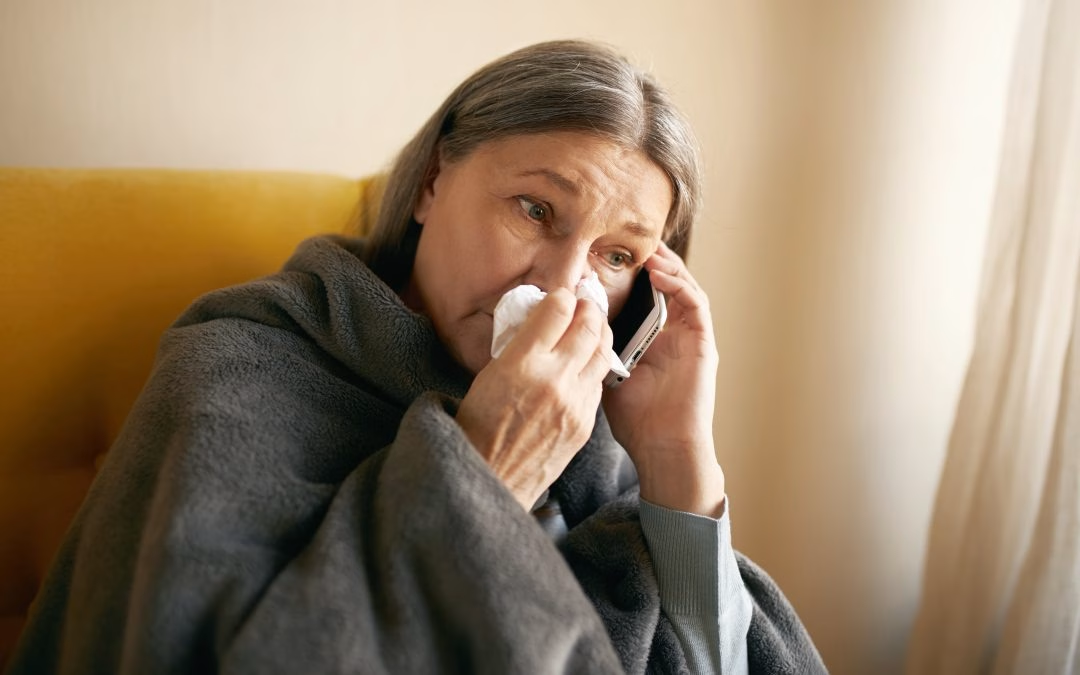
Fatigue and a fever can leave you uncertain about the cause of your illness. A quick online search might raise more questions than answers, so you take it easy, reach out to a healthcare professional, and enjoy some DosBros takeout. To understand the difference between viral and bacterial infections and get the right care, visit our AFC Hixson clinic.
What is a Virus Infection?
A virus is a tiny microorganism that thrives by infecting healthy cells. Viral infections occur when these organisms replicate, sometimes harming the host cells they rely on.
Some common viral infections are:
- Salmonella
- Escherichia coli (E. coli)
- Tuberculosis
- Methicillin-resistant Staphylococcus aureus (MRSA)
- Clostridium difficile (C. diff)
- Bacterial pneumonia
- Bacterial vaginosis
- Vibrio vulnificus
- Heliobacter pylori (H. pylori)
- Bacterial meningitis
What is a Bacterial Infection?
Bacteria are single-celled microorganisms that can be found almost anywhere, including the human body. The harmful ones, known as pathogenic bacteria, are responsible for causing infections.
Some common bacterial infections are:
- Common cold
- Flu
- Encephalitis (inflammation of the brain)
- Measles
- Mumps
How Does It Spread?
Many bacterial and viral infections are contagious and can be spread by:
- Coming into close contact with others with an infection
- Coming in contact with infected body fluids
- Getting bitten by an infected insect
- Coming in contact with contaminated surfaces
- Consuming contaminated food or water
Caring for Your Infection:
Viral Infection:
Unfortunately, most viral infections don’t have a direct cure. Instead, treatments aim to manage symptoms while the virus resolves on its own.
Bacterial Infection:
Antibiotics treat bacterial infections by targeting and stopping bacterial growth. Taking the full dose ensures all bacteria are killed, reducing the risk of resistance and recurring illness.
Home Treatments to Ease Symptoms:
You can ease your infection symptoms at home by:
- Staying hydrated by drinking plenty of water or herbal teas.
- Gargling warm salt water to relieve a sore throat.
- Getting extra rest to help your immune system recover.
- Using a humidifier to manage stuffy noses.
- Taking over-the-counter medications to reduce fever or pain.
For a professional assessment, visit AFC Hixson, where we’ll help you feel your best.


